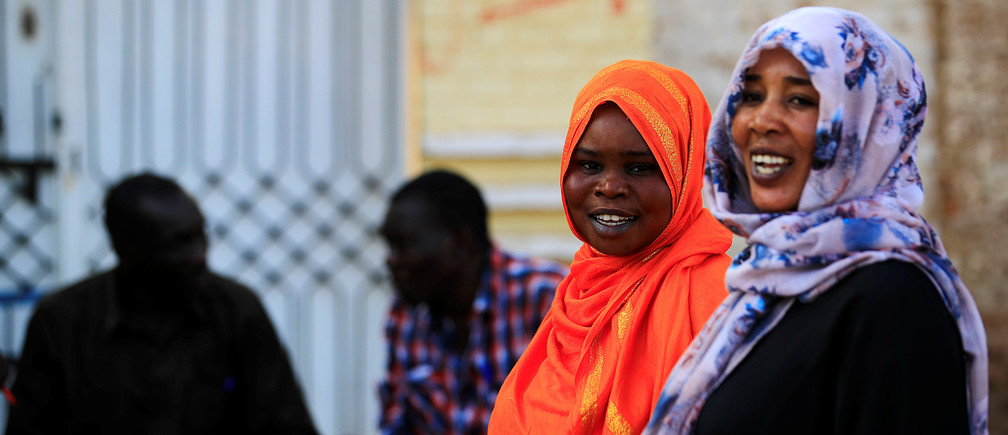Domestic worker Kurate only went to Lebanon so she could earn money to support her family in Ethiopia. Now she is stuck there with no work, no income – and no way of getting home to them.
Since Lebanon closed its borders in one of the world’s strictest coronavirus lockdowns, workers’ rights groups say tens of thousands of migrant women have been left stranded, most of them domestic workers from Ethiopia.
Many, like 32-year-old Kurate, were already struggling even before the coronavirus pandemic because of an economic crisis in Lebanon late last year that left them without work or hit their earnings as the value of the local currency plummeted.
“Most Ethiopians are suffering here. Some of them prostitute themselves in order to survive because there is no job,” said Kurate, who asked to be identified by only her first name.
“We cannot earn our daily bread,” she told the Thomson Reuters Foundation by phone from Lebanon, where she shares a single room with eight other women, covering the rent herself.
Most of Lebanon’s migrant domestic workers are from Ethiopia. There are about 145,000 Ethiopian women registered as migrant workers in Lebanon, though advocacy groups believe many more are there illegally.
Since a financial crisis sparked by a shortage of dollars and mass anti-government protests last year in the country of 6.8 million people, one of the world’s most heavily indebted states, campaigners say that work has been hard to come by.
Even before that crisis, Ethiopian domestic workers earned only about $200 a month in Lebanon.
It is unclear how many have been laid off, but Samuel Tesfaye, a caseworker for the Lebanese migrant support group Anti-Racism Movement, said many were not getting paid at all.
Ethiopians who had been planning to leave the country after losing work are now stuck, with borders closed until at least April 26 as part of a month-long coronavirus lockdown, Samuel said.
‘THEY DON’T WANT TO STAY’
Many also face the challenge of trying to get their passports back – Lebanon’s kafala, or sponsorship, system, allows employers to keep workers’ documents and prevent them from leaving the house or changing jobs without permission.

“Thousands of domestic workers would love to go home, they don’t want to stay in Lebanon,” said Banchyi Yimer, founder of the Egna Legna Besidet workers’ rights group in Lebanon.
She called for urgent help, saying the government needed to evacuate them or provide food and medical supplies.
Ethiopia’s foreign ministry said its embassy was organising food distributions by the diaspora community in Lebanon while it assessed the risks of the outbreak.
“If repatriation is needed, we’re preparing for that also,” said its director for Middle East Affairs, Shamebo Fitamo Adebo.
Some of those in Lebanon illegally are desperate enough to be deliberately getting arrested so they will be deported, said the Anti-Racism Movement’s Samuel.
Before the coronavirus epidemic, Lebanon had eased overstay penalties for migrant workers facing deportation at the request of their embassies, said Nabil Hannoun, spokesman for Lebanon’s General Security Directorate.
But workers’ rights groups said the Ethiopian consulate had been unresponsive, leaving them to deal with domestic workers who have faced abuse and exploitation.
One case worker for the labour rights group This is Lebanon described how abuse victims had been left with no choice but to stay with their employer until the situation changed.
“In the past when dealing with cases we normally demand that abusers send the victim to a shelter or buy her ticket home,” said the case worker, who asked not to be named due to the sensitivity of her work.
“But with the lockdown we don’t have either option.”

